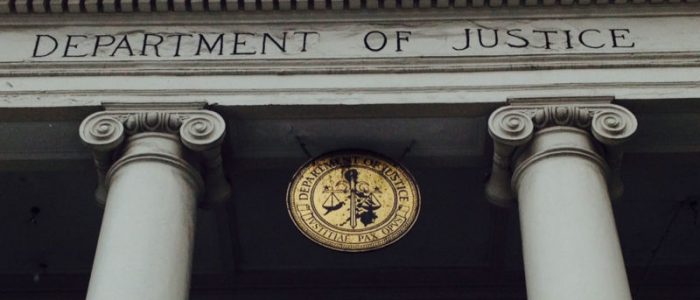 With House Republicans said to make another push to pass Obamacare, perhaps as soon as next week according to a Bloomberg report, some have speculated whether Trump will engage democrats this time to assure at least a few votes from across the aisle. Overnight, however, House Speaker Paul Ryan poured cold water on the idea, saying he does not want President Donald Trump to work with Democrats on overhauling Obamacare.
With House Republicans said to make another push to pass Obamacare, perhaps as soon as next week according to a Bloomberg report, some have speculated whether Trump will engage democrats this time to assure at least a few votes from across the aisle. Overnight, however, House Speaker Paul Ryan poured cold water on the idea, saying he does not want President Donald Trump to work with Democrats on overhauling Obamacare.
In an interview with “CBS This Morning” that will air on Thursday and which was previewed by Reuters, Ryan said he fears the Republican Party, which failed last week to come together and agree on a healthcare overhaul, is pushing the president to the other side of the aisle so he can make good on campaign promises to redo Obamacare.
“I don’t want that to happen,” Ryan said, referring to Trump’s offer to work with Democrats.
Carrying out those reforms with Democrats is “hardly a conservative thing,” Ryan said, according to released interview excerpts. “I don’t want government running health care. The government shouldn’t tell you what you must do with your life, with your healthcare,” he said.
This post was published at Zero Hedge on Mar 30, 2017.




















 Follow on Twitter
Follow on Twitter
Recent Comments